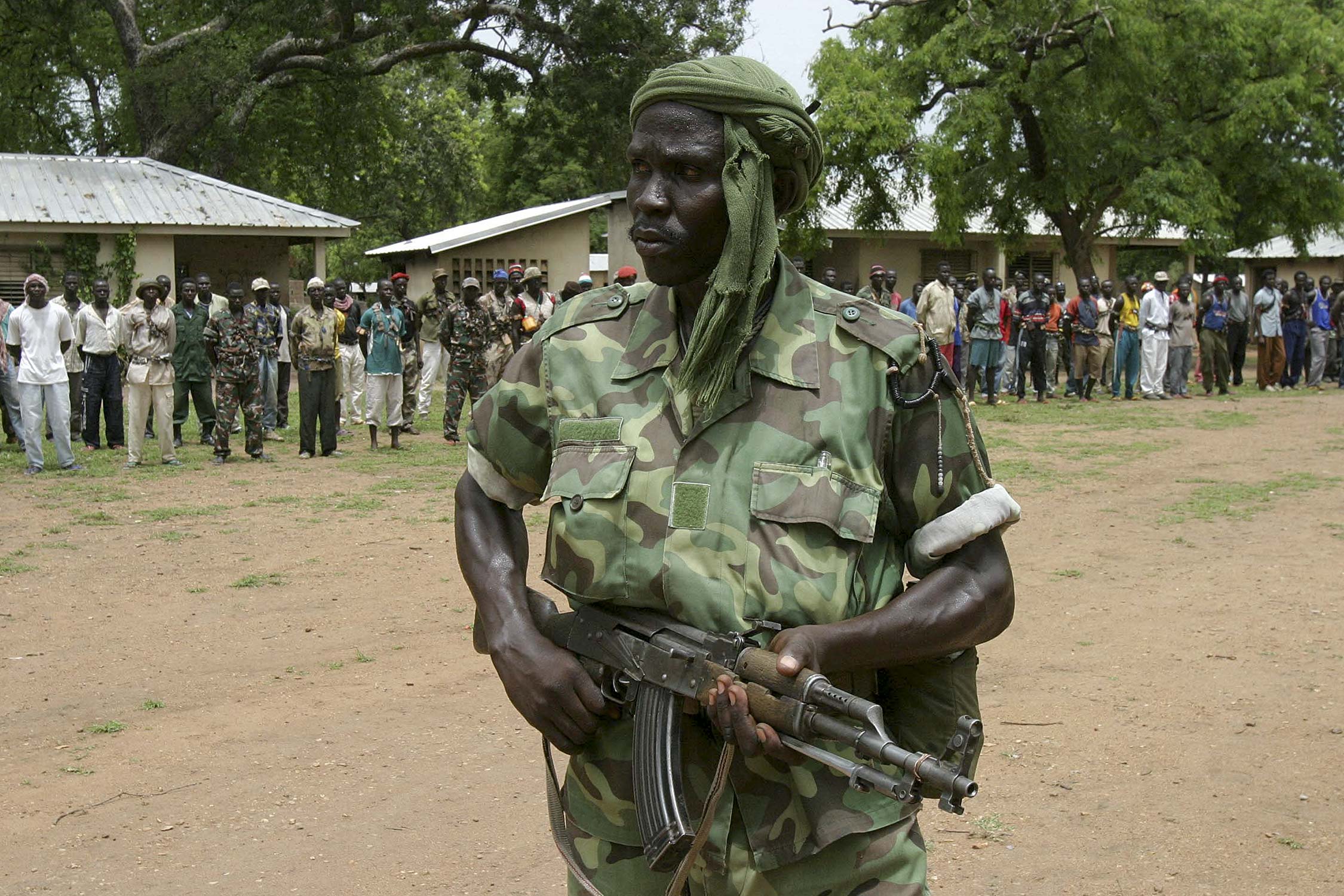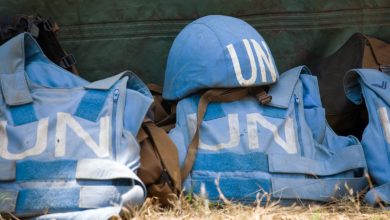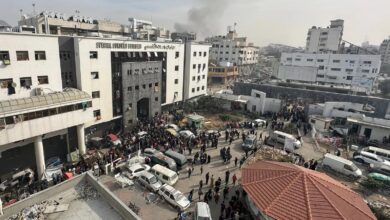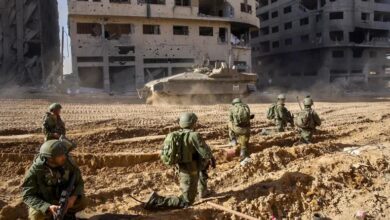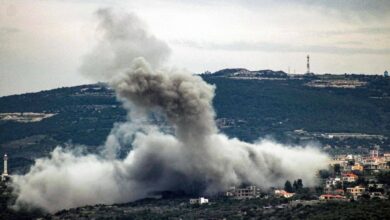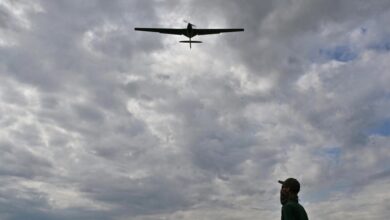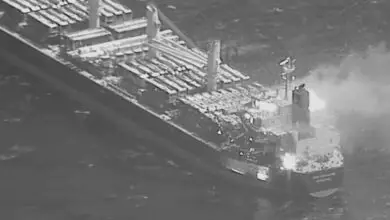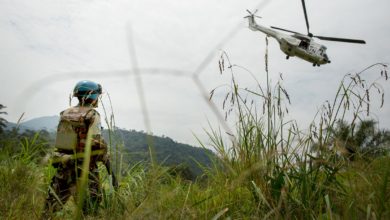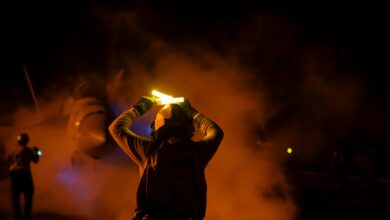At least 30 civilians were killed in August and September by armed groups in and around Bria, the diamond hub of the restive Central African Republic, the United Nations mission in the country said, adding that some of the killings could constitute war crimes and crimes against humanity.
The militias have been fighting since the majority-Christian country descended into violence following the ousting by the Seleka coalition of Muslim-majority rebel groups of President Francois Bozize in 2013.
Seleka was officially disbanded, but many fighters refused to disarm, becoming known as ex-Seleka. Many others joined the mainly Christian anti-Balaka militia to fight the Seleka, leading to a spiral of violence between groups along both religious and ethnic lines.
Several rebel groups and militias are fighting in Bria, which is home to some 100,000 people, for control over the diamond mines.
 The U.N. mission Minusca said in a statement that investigations it has carried into incidents in the city of Bria and on the Bria-Irabanda axis in Haute Kotto prefecture out point to possible breaches of of human rights and international humanitarian laws.
The U.N. mission Minusca said in a statement that investigations it has carried into incidents in the city of Bria and on the Bria-Irabanda axis in Haute Kotto prefecture out point to possible breaches of of human rights and international humanitarian laws.
“These crimes, many of which could constitute war crimes and crimes against humanity, are attributable to the ex-Seleka coalition – the Movement for Unity and Peace in the Central African Republic (UPC), the Popular Front for the Renaissance of Central Africa (FPRC) and the Patriotic Rally for the Renewal of the Central African Republic (RPRC) – and the anti-Balaka,” the statement said.
It said that it has violations by the armed groups include “killings, physical and mental harm, attacks on civilians and protected sites such as hospitals and schools,” adding that, according to the U.N. Office for the Coordination of Humanitarian Affairs, at least 32,000 civilians have been displaced.
In an October 10 report, Human Rights Watch blamed the FPRC for the killing on September 6 of at least 9 civilians, and the August 25 killing of at least 11 civilians who had fled Bria after clashes between the FPRC and anti-Balaka. It said it had found evidence that the FPRC killed a further four civilians on September 16.
Human Rights Watch also said it had found evidence that anti-Balaka groups killed at least eight civilians in the area since June.
Representatives from 14 of CAR’s militias agreed to a list of demands in a meeting with the African Union on August 31. Supported by the U.N. and other international partners, an A.U. panel has been working to set up negotiations between the militias and the government since July 2017.
In August, five human rights organizations said in a joint statement that they would oppose a general amnesty for fighters in armed groups in Central African Republic as a condition of peace.
President Faustin Archange Touadera’s weak government controls around a fifth of the country and relies heavily on the U.N. peacekeeping mission, Minusca, for support. The rest is controlled by at least 14 different militia groups who often fight each other for control of revenue from extortion, roadblocks or mineral resources.
Violence by both sides led to thousands of deaths. Nearly 700,000 people are displaced, 570,000 have fled the country and 2.5 million are in need of humanitarian aid, according to the U.N.
According to September figures, Minusca has deployed 11,685 troops and more than 2,000 police officers, as well as 430 experts and staff officers.
A Minusca peacekeeper from Burundi was killed in an ambush near Bria in August.
With reporting from AFP

